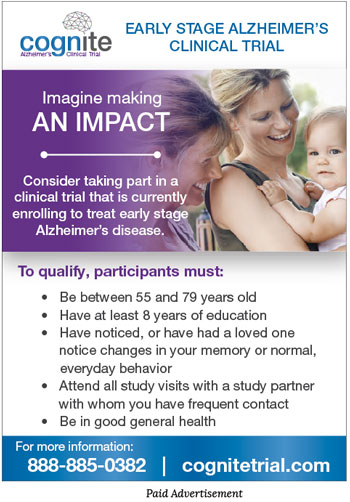
The Importance of "Doing Your Homework"
By Edward Cisek, Vice President of Program Evaluation
Before you make an important purchase - a car, for example - chances are you do some research. You’ll probably check the car’s performance, fuel efficiency, and safety ratings, and perhaps you’ll read other drivers’ reviews. You trust that the car company has a good system in place to test the car and make improvements as needed. You also hope that independent consumer organizations are unbiased in their ratings of the vehicle. When you donate to a charity, shouldn’t you do that same level of research? And don’t you want a system in place to ensure that your money is spent efficiently and in ways that truly make a difference? Many nonprofits are quick to promote their programs with individual stories of success. But as Carl Sagan said, “extraordinary claims require extraordinary evidence.”
More and more frequently, private foundations that fund programs are requiring that the programs be evaluated. They ask questions such as: “Are the programs we fund being implemented as intended?” “Are the programs reaching the intended audience?” and “What are the program outcomes for individuals, organizations, and the community?” Savvy individual donors are also beginning to ask these same questions. Program evaluation professionals and departments seek to provide the answers.
Program evaluation is the systematic collection, analysis, and use of information in order to determine how well a program is doing, and, ultimately, to improve a program.
CaringKind showed its commitment to program evaluation over six years ago by hiring a full-time evaluator. There are now two full-time evaluators on staff. At CaringKind, we engage in many types of evaluation including, but not limited to, the following:
Needs Assessment.
We assess the needs of our clients in the outer boroughs as we continue to expand our efforts to reach all communities in New York City.
Formative Evaluation.
We keep track of the amount and characteristics of the people we serve, as well as their satisfaction with programs. Program evaluation staff often observe programs and interview staff to ensure a program is running as planned.
Outcome Evaluation.
We survey education and training participants to see how the program has affected their knowledge, attitudes, and use of caregiving skills.
Most importantly, all this information is shared with staff to make any necessary program adjustments. After adjustments are made, programs are evaluated again. And the cycle continues.

